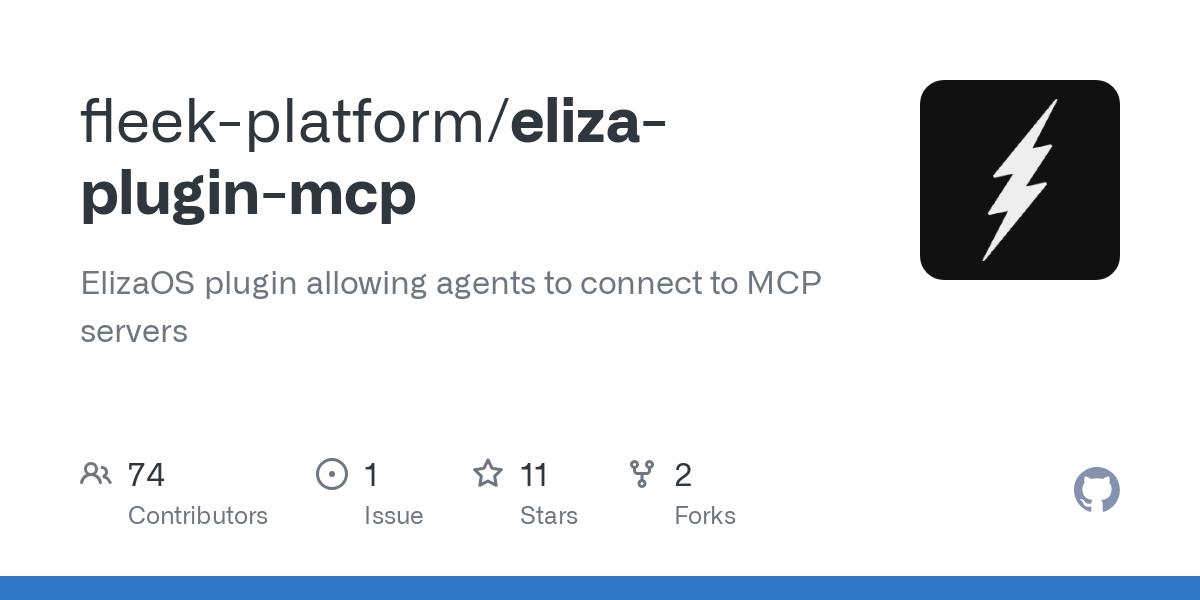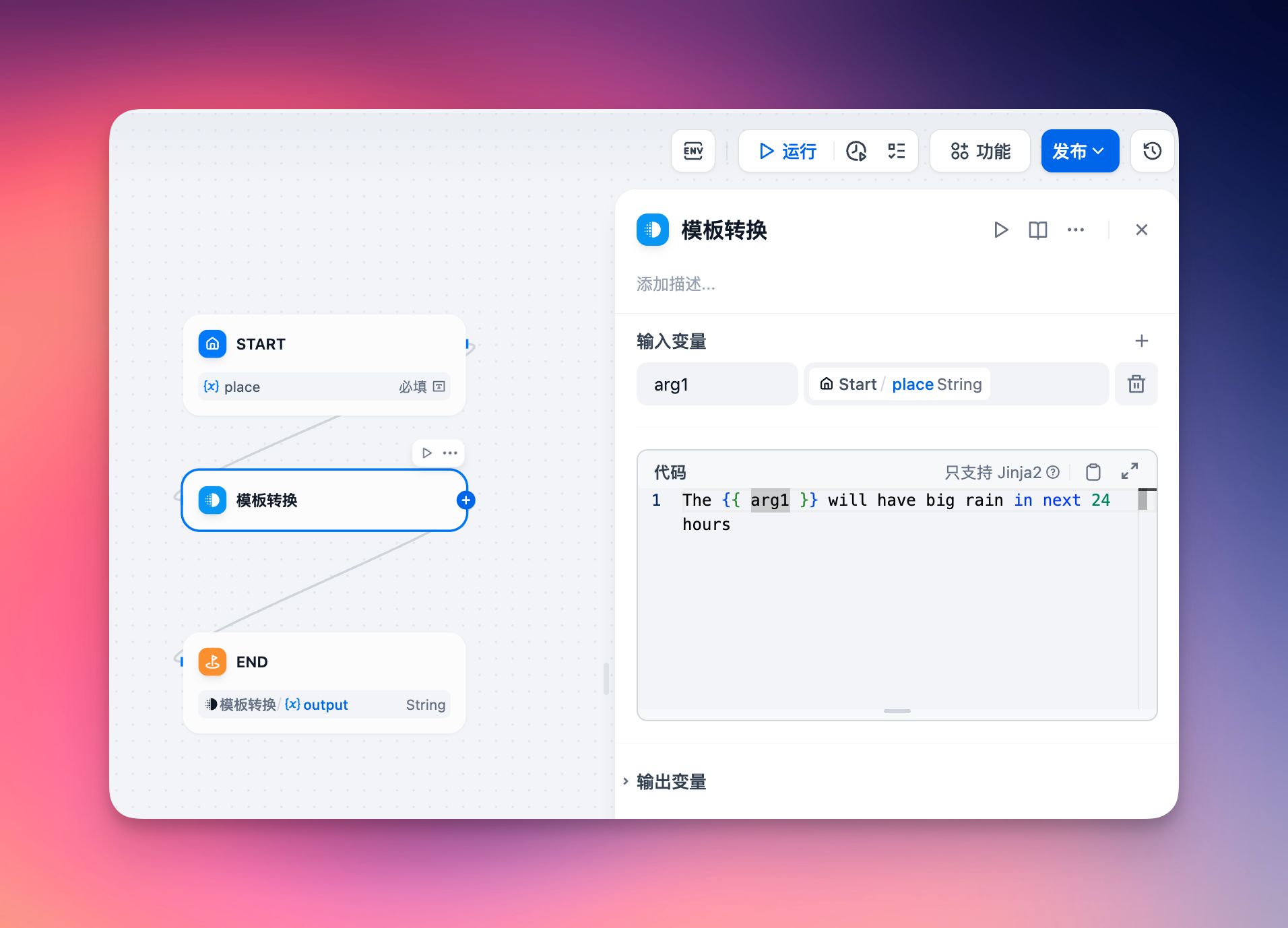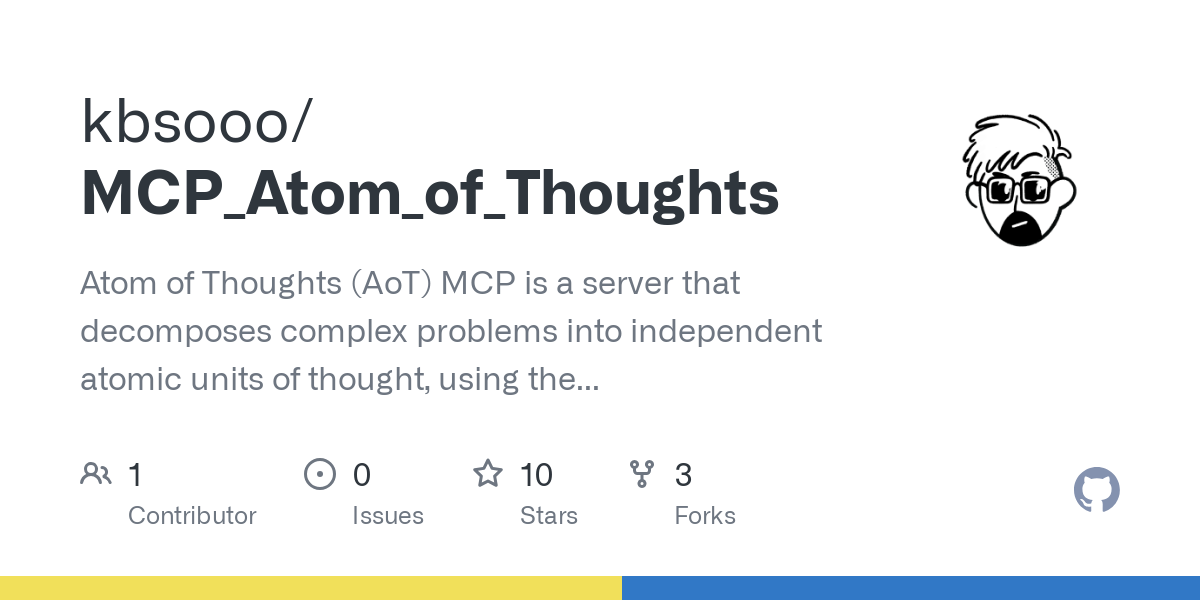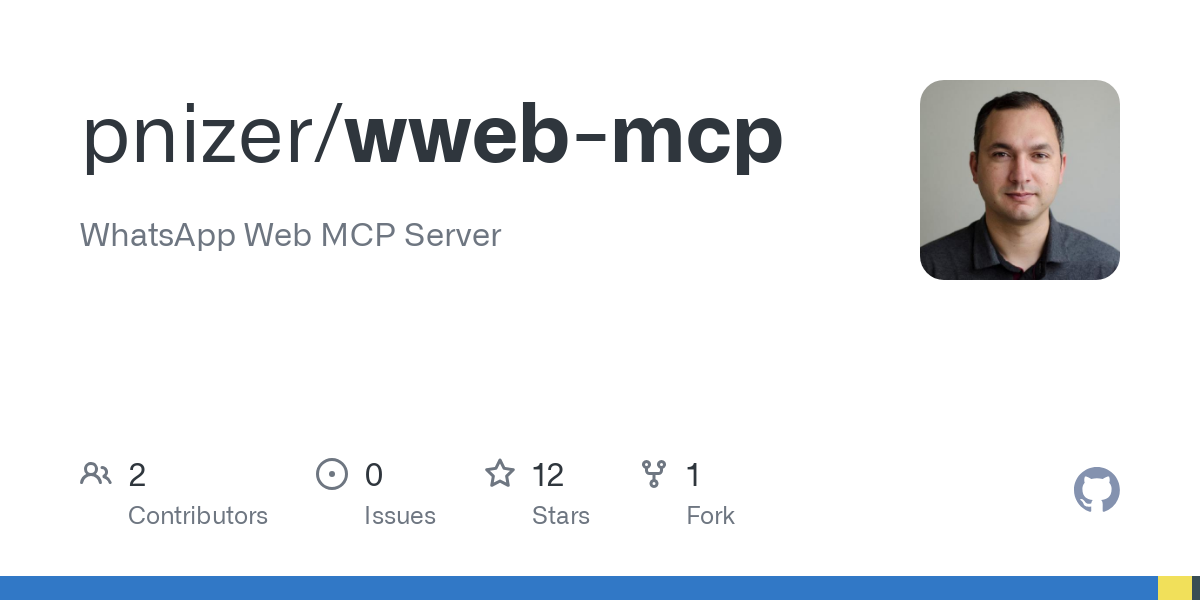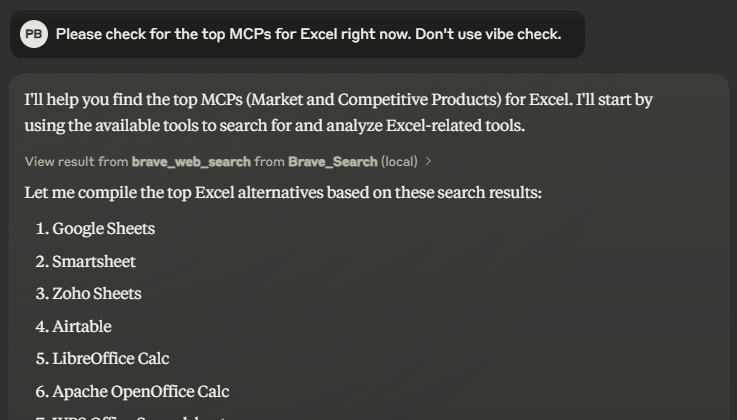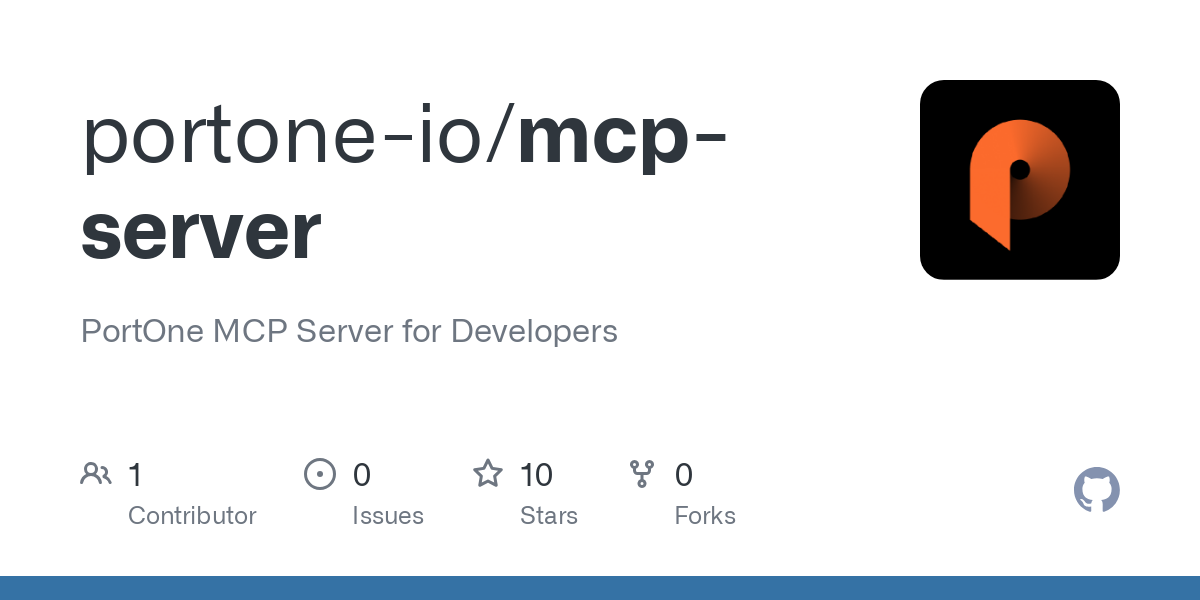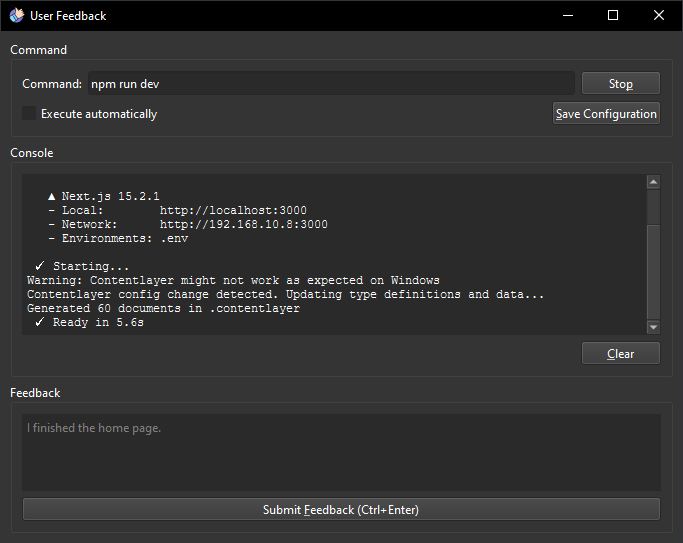All MCP Servers Complete list of MCP server implementations, sorted by stars
Lucidity is a Model Context Protocol (MCP) server designed to improve the quality of AI-generated code by providing intelligent, prompt-based analysis. It analyzes git changes across 10 critical quality dimensions, including complexity, security vulnerabilities, and style inconsistencies. Lucidity integrates seamlessly with AI assistants like Claude, offering structured outputs and actionable feedback to ensure cleaner, more robust code.
The Hologres MCP Server facilitates seamless communication between AI Agents and Hologres databases. It allows AI Agents to retrieve database metadata, execute SQL queries, and analyze table statistics. The server supports multiple integration modes, including local file and PIP installation, making it versatile for various deployment scenarios.
The Bankless Onchain MCP Server facilitates structured interaction with on-chain data through the Bankless API, implementing the Model Context Protocol (MCP). It allows AI models to access and manipulate blockchain state and event data, providing functionalities like reading contract states, fetching event logs, and retrieving transaction details. This server is designed to enhance AI-driven blockchain analysis and operations.
The ElizaOS MCP Plugin integrates the Model Context Protocol (MCP) with ElizaOS, allowing agents to access multiple MCP servers simultaneously. This plugin provides agents with the ability to utilize resources, prompts, and tools from these servers, enhancing their functionality and capabilities. It supports both 'stdio' and 'sse' server types, offering flexible configuration options for different use cases.
This plugin allows users to convert a Dify application into an MCP (Model Context Protocol) server, enabling secure communication within private networks. It provides a straightforward setup process, including creating a workflow app in Dify, adding an endpoint, and integrating with MCP clients like Cherry Studio. The plugin ensures data security by recommending exclusive use within private networks.
The Atom of Thoughts (AoT) MCP server implements a decomposition-based reasoning framework, breaking down complex problems into independent atomic units of thought. It leverages dependencies between these units to enhance reasoning accuracy and provide validated insights. The server offers both a full-featured version for deep analysis and a lightweight version optimized for faster processing in time-sensitive scenarios.
The Clojure SDK for Model Context Protocol (MCP) servers provides a framework for creating MCP-compatible servers and clients. It includes examples such as a calculator server, Vega-lite chart generator, and code analysis server, demonstrating how to integrate with tools like Claude Desktop and MCP Inspector. The SDK simplifies the development of MCP servers by handling JSON-RPC communication and edge cases, making it easier to build custom tools and prompts for AI-driven workflows.
The Vibe Check MCP Server is designed to enhance AI workflows by preventing cascading errors and tunnel vision. It uses the 'Vibe Check' tool with LearnLM 1.5 Pro (Gemini API) to implement strategic pattern interrupts, fine-tuned for pedagogy and metacognition. Features include 'Vibe Distill' for plan simplification and 'Vibe Learn' for self-improving feedback loops. This server is particularly useful for AI agents that tend to overcomplicate tasks or drift from the original user request.
The PortOne MCP Server is designed for developers using PortOne, enabling integration of PortOne developer documentation with Large Language Models (LLMs). It allows developers to query related information accurately and efficiently. The server supports tools like Claude Desktop and can be registered in IDEs that support MCP, providing seamless access to documentation and tools.
The Replicate Flux MCP Server is an advanced Model Context Protocol (MCP) implementation that enables AI assistants to generate customized images and vector graphics. It leverages the Flux Schnell model for raster images and the Recraft V3 SVG model for vector graphics via the Replicate API. This tool is designed to streamline visual asset creation, offering features like batch processing, variant exploration, and prompt engineering, making it ideal for developers and designers.
This Python package facilitates interaction between LLM models and the Memos server using the Model Context Protocol (MCP). It supports searching, creating, retrieving, and managing memos, along with secure authentication. The package is designed to integrate seamlessly into existing MCP workflows, providing tools for memo management and enhanced functionality for LLM applications.
The Flutter Inspector MCP Server integrates with AI tools such as Cursor, Claude, and Cline to provide advanced debugging and inspection capabilities for Flutter applications. It enables features like widget tree analysis, navigation inspection, and layout debugging, enhancing the development experience with AI-powered insights. The server works in conjunction with a forwarding server to facilitate communication between Flutter apps and AI assistants.
This MCP server facilitates human-in-the-loop workflows, particularly for desktop applications requiring complex user interactions. It integrates with tools like Cline and Cursor, allowing developers to request user feedback before task completion. The server includes a feedback UI and configuration options for automated command execution.
The Tablestore MCP Server provides a standardized solution for integrating large language models (LLMs) with external data sources and tools using the Model Context Protocol (MCP). It supports seamless integration for AI-driven applications, such as enhanced chat interfaces and custom AI workflows. The server includes implementations in Python and Java, enabling developers to connect LLMs with critical context information efficiently.
The Claude Deep Research MCP Server is designed to assist in conducting in-depth research on complex topics. It helps users explore questions in depth, find relevant sources, and generate structured research reports. The server integrates with Claude's built-in web search capabilities, performs targeted searches, evaluates information quality, and creates well-structured, comprehensive reports with proper citations.



